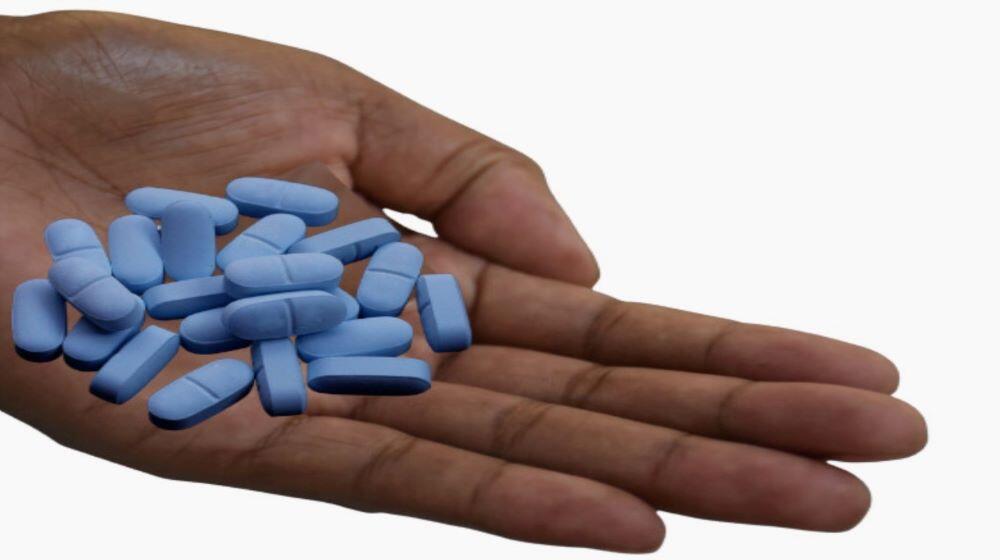DILI, March 27, 2023 – For the first time in Timor-Leste, UNFPA, together with the Ministry of Health and Associação Comunidade Progresso (KP), is piloting introduction of Pre-exposure prophylaxis (PrEP) as an additional HIV prevention tool for key population groups in Díli.
A recent UNAIDS report warns of devastating consequences if urgent action is not taken to tackle inequalities which drive the spread of HIV AIDS. If the trend continues, the number of new infections per year would be over 1.2 million in 2025, the year in which United Nations Member States have set a goal of fewer than 370,000 new HIV infections.
The five main population groups that are mostly vulnerable to HIV and lack access to services include; gay men and other men who have sex with men, sex workers, transgender people, people who inject drugs, prisoners and other incarcerated people.
Twenty-seven peer educators from key populations took part in a three-day training in Dili late February, facilitated by UNAIDS and UNFPA, to know more about these interventions and encourage their peers to access HIV self-testing and use of PrEP.
The training was held as part of UNFPA’s implementation of a comprehensive HIV prevention service package for key populations, aiming to prevent and end HIV infections in Timor-Leste.
“I do not feel safe when accessing health services in public facilities. I am happy that I can now access HIV self-testing kits for free and know my status discreetly,” said João*
PreP is being implemented in tandem with the introduction of HIV Self-Test, to encourage and strengthen the HIV testing services among key populations.
When used as prescribed, PrEP reduces the risk of getting HIV by about 99%. PrEP is only effective to prevent HIV and so the use of other preventive methods like condom and lubricants is still important for the protection against other sexually transmitted infections like syphilis or gonorrhea, and unwanted pregnancies.
“I have used PrEP to protect myself since February 9. I am now sure about my safety and the safety of my partners and ensure that I always use PrEP with condoms whenever I have sex to protect me from other sexually transmitted diseases,” said Maria* a female sex worker.
Mr. Brigal, the Executive Director for Associação Comunidade Progresso, adds that “PrEP is currently only available at the KP offices in Díli, and after clients undergo voluntary HIV-testing and counseling and receive a HIV negative result”.
While progress has been made in providing services to key population groups through partnership between UNFPA and Associação Comunidade Progresso (KP) – a local non-profit association that provides services to these populations -- discrimination and violence against key populations is still a major challenge in the fight to end HIV in Timor-Leste.
“Members of key population groups in Timor-Leste still experience discrimination when accessing health services. At KP we have peer educators who support key populations without discrimination,” says Mr. Brigal.
UNFPA will continue to work closely with the Ministry of Health and partners like KP to ensure groups at higher risk have access to quality stigma-free HIV testing and prevention services.
“I received a free self-testing kit from KP and was able to know my HIV status safely and quickly. I also took my first pill of PrEP in early February and had slight nausea on the first two days but now I am fine,” said José*
NB: João*, Maria* and José* are not real names. The names have been changed for protection.
For more information, contact:
Suleiman Okoth
Communications and Programme Support Specialist
United Nations Population Fund (UNFPA), Timor-Leste
Mobile: +670 75169796
Email; okoth@unfpa.org


